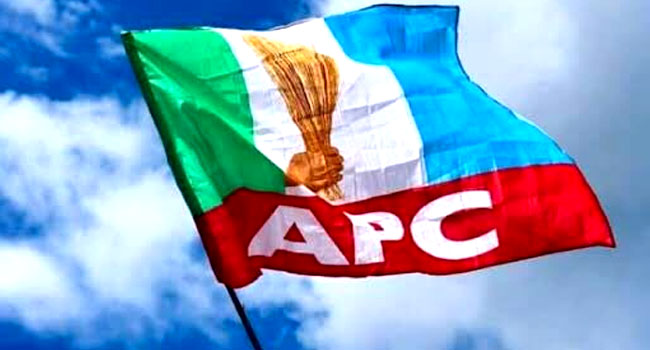A senior member of Nigeria’s ruling All Progressives Congress (APC) has resigned from the party, citing disillusionment with its leadership and alleged abandonment of core values. Abubakar Sadiq Sa’adu Fakai, former APC North-West Youth Leader and National Executive Committee member, announced his departure in a letter to party officials in Kebbi State, signaling growing internal dissent within the political group that has governed Africa’s most populous nation since 2015.
Fakai’s resignation letter, addressed to the APC chairman in Mahuta Ward, Fakai Local Government Area, described his decision as the outcome of “profound introspection” and consultations with family, community leaders, and constituents. He criticized the party for straying from its founding principles, which he said once “inspired hope for a prosperous, united, and accountable Nigeria.” The APC, formed in 2013 through a merger of opposition parties, initially campaigned on anti-corruption, economic reform, and improved governance but has faced mounting criticism in recent years over policy challenges and allegations of unfulfilled promises.
“It has become imperative to part ways with the All Progressives Congress at this juncture,” Fakai wrote, emphasizing his commitment to the aspirations of his constituents and the need to align his actions with his conscience. While he did not disclose future political plans, he extended goodwill to the APC and called for national unity, urging leaders to prioritize peace and progress.
The resignation coincides with broader scrutiny of Nigeria’s political landscape ahead of the 2027 general elections. Analysts note that high-profile departures from major parties often reflect shifting alliances and voter sentiment, particularly in the northwest, a region critical to electoral outcomes. Fakai’s appeal to grassroots concerns—such as accountability and governance—echoes frustrations voiced by citizens grappling with economic hardship and security challenges.
The APC, which secured President Bola Tinubu’s election in 2023, has yet to publicly address Fakai’s exit. However, the move underscores simmering tensions within the party as it navigates internal cohesion ahead of future polls. Political observers suggest such resignations could influence party dynamics, particularly if others follow suit.
Fakai’s emphasis on consulting local stakeholders highlights the enduring role of community leadership in Nigerian politics, where allegiances often hinge on perceived representation and trust. His departure places renewed focus on whether established parties can retain support amid rising public demand for tangible reforms. As Nigeria confronts complex socio-economic pressures, Fakai’s exit serves as a reminder of the delicate balance political factions must strike between maintaining power and addressing constituent expectations.
